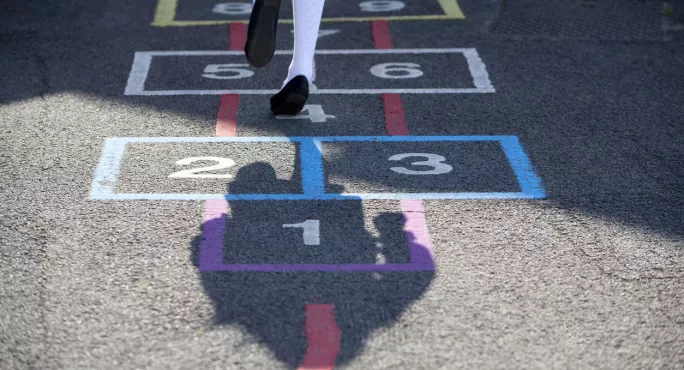- Home
- GCSE results: ‘GCSEs feel like a Kafkaesque nightmare’
GCSE results: ‘GCSEs feel like a Kafkaesque nightmare’

Buried in the blizzard of statistics released about GCSE results today is a bewildering table comparing the grading systems in England, Northern Ireland and Wales.
In England, we have a 9-1 grading scale, in Northern Ireland an alphabetical grading scale, which has now been changed to include a grade C*, and in Wales the traditional A*-G system.
Many apologies if you did not follow the previous paragraph. You won’t be the only one. I am pretty sure that parents, employers and the public in general will also be baffled.
Universities manage admissions from many different countries, so they will be good at dealing with a variety of qualifications. But it must still be a headache for admissions officers to process applications from students from various parts of the UK who all have GCSEs but whose GCSEs are graded in different ways.
How on earth did we get into this situation?
Michael Gove’s GCSE overhaul
Step forward, Michael Gove, who as education secretary was determined to ratchet up the rigour of GCSEs. He seemed to think that this also necessitated an overhaul of the grading system, to provide more differentiation between the most able students, with grades 9, 8, and 7 replacing A* and A.
Given that education is devolved, the new 9-1 system did not apply to Wales and Northern Ireland, both of which quite rightly made their own decisions about grading, with neither jurisdiction following England’s new model.
Even for as keen an upsetter of apple carts as Mr Gove, the resulting confusion is quite something.
To make matters even more confusing, the government in England decided to replace the old moniker of a “good pass” for grade C with the descriptors of “standard” and “strong” passes for the new grades 4 and 5 respectively.
So a student who has done really very well in attaining a grade 4, which under the old system was “good”, now has a GCSE with the underwhelming descriptor of “standard”. Nice.
Confusion over GCSE grades
This is all done in the name of raising standards, apparently. But quite how this works is also a mystery, because the distribution of grades is determined largely by the system of comparable outcomes, regardless of what descriptors are applied to them.
If you are beginning to sense that you are entering some sort of Kafkaesque nightmare, it is not surprising.
The serious point to all this is that the confusion over grades is one aspect of a revision of the system of qualifications in England that seems to have been undertaken with little thought about the impact on students, parents and employers.
Students have been put under more pressure by qualifications that have deliberately been made more difficult, a disproportionately heavy weight of formal examinations, plus a new grading system that is not only unfamiliar to the public but also different from the grades in Wales and Northern Ireland.
Where do we go from here? What we certainly don’t want to see is another round of wholesale reforms. Everybody has had enough of that.
But we have to think more carefully about the impact of changes and the importance of introducing reforms than we did before the overhaul that has taken place over the past few years.
In the meantime, perhaps we should introduce a GCSE in understanding the exam system.
Geoff Barton is general secretary of the Association of School and College Leaders. He tweets @RealGeoffBarton
Register with Tes and you can read two free articles every month plus you'll have access to our range of award-winning newsletters.
Keep reading with our special offer!
You’ve reached your limit of free articles this month.
- Unlimited access to all Tes magazine content
- Save your favourite articles and gift them to your colleagues
- Exclusive subscriber-only stories
- Over 200,000 archived articles
- Unlimited access to all Tes magazine content
- Save your favourite articles and gift them to your colleagues
- Exclusive subscriber-only stories
- Over 200,000 archived articles



